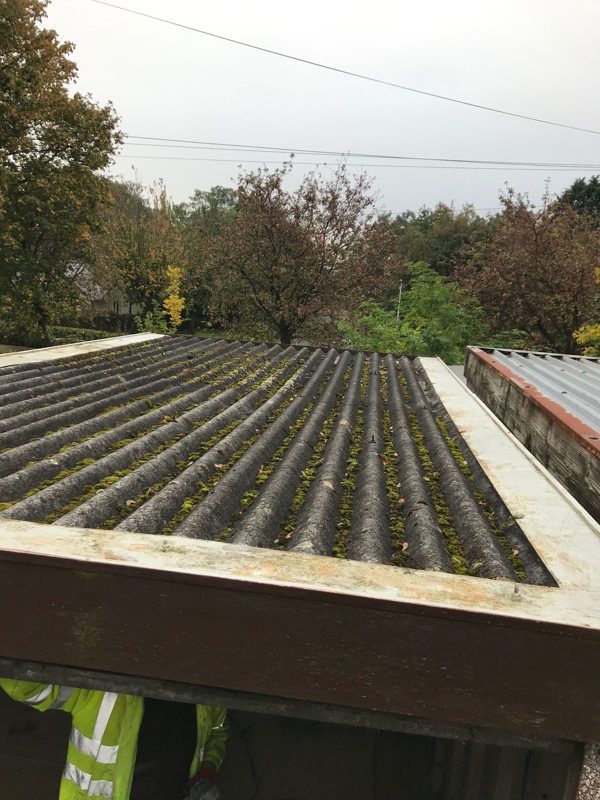Asbestos roofs, once a common choice for many Australian homes, pose unique challenges when it comes to maintenance and safety. While the dangers associated with asbestos have led to strict regulations and removal initiatives, many older homes still feature these roofs. If you’ve recently had your asbestos roof restored, it’s crucial to maintain it properly to prevent future issues. Here are some tips to help you keep your restored asbestos roof in top condition.

Understanding Asbestos Roofs
Asbestos was widely used in roofing materials due to its durability and fire-resistant properties asbestos roof restoration brisbane. However, its fibers can be harmful when disturbed, leading to serious health risks. If your roof has been restored, it likely means that it has been sealed or repaired in a way that minimizes these risks, but regular maintenance is still essential to ensure its longevity and safety.
1. Regular Inspections
Conducting regular inspections of your roof is vital. Look for signs of wear and tear, such as:
- Cracks or chips in the surface
- Loose or missing roofing materials
- Accumulation of debris, such as leaves and branches
Schedule professional inspections at least once a year to catch any potential issues early.
2. Keep it Clean
Debris can trap moisture against your roof, leading to further deterioration. Regularly clean your roof and gutters to ensure proper drainage. Use a soft broom or a blower to remove leaves and dirt gently. Avoid using high-pressure washers, as they can damage the surface and disturb any protective sealant.
3. Address Leaks Promptly
If you notice any leaks or water stains on your ceiling, address them immediately. Leaks can lead to significant damage, including mold growth and structural issues. Consult a professional to determine the best course of action, whether it’s a patch or a more extensive repair.
4. Monitor for Cracks
As the weather changes, materials can expand and contract, leading to cracks in your roof. Monitor these closely and seal any cracks with an appropriate sealant designed for asbestos roofs. This helps prevent moisture penetration and further damage.
5. Be Cautious with Repairs
If repairs are needed, always hire professionals trained in asbestos management. They will know how to handle materials safely and ensure compliance with local regulations. DIY repairs can pose significant risks if not done correctly.
6. Limit Foot Traffic
Minimize foot traffic on your roof to avoid damaging the restored surface. If maintenance requires access, use boards to distribute weight and avoid stepping directly on the roof material.
7. Protect from Overhanging Trees
Overhanging branches can scrape the roof and drop debris that can lead to deterioration. Trim trees away from your roof to minimize this risk. This not only protects your roof but also reduces the likelihood of pests finding a way onto your home.
8. Consider a Professional Maintenance Plan
Engaging a professional maintenance service can take the burden off your shoulders. They can provide regular inspections, cleanings, and repairs tailored to your specific needs, ensuring your roof remains in good condition.
Conclusion
Maintaining a restored asbestos roof in Brisbane requires diligence and care. By following these tips and remaining proactive about inspections and repairs, you can help ensure your roof remains safe and functional for years to come. Remember, safety is paramount—when in doubt, always consult with a professional experienced in asbestos management. Your home’s integrity and your health depend on it!